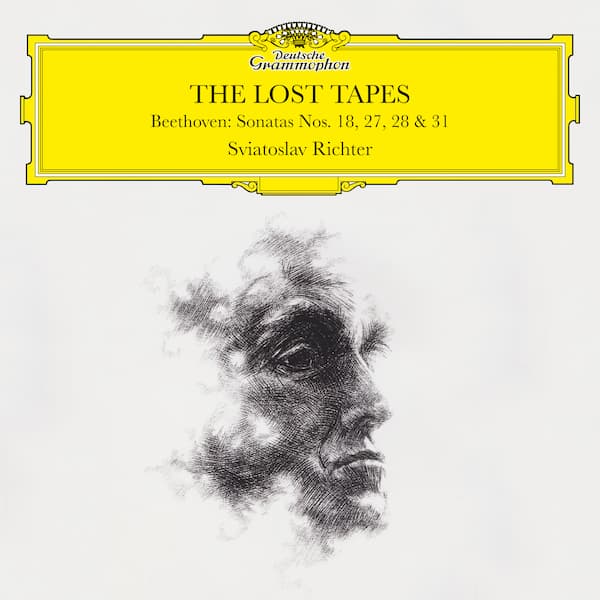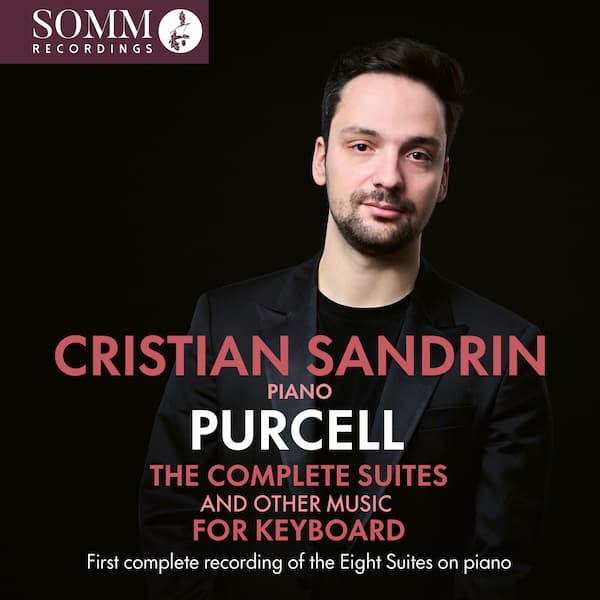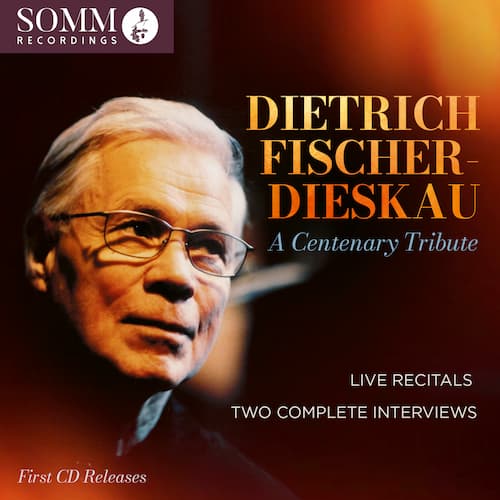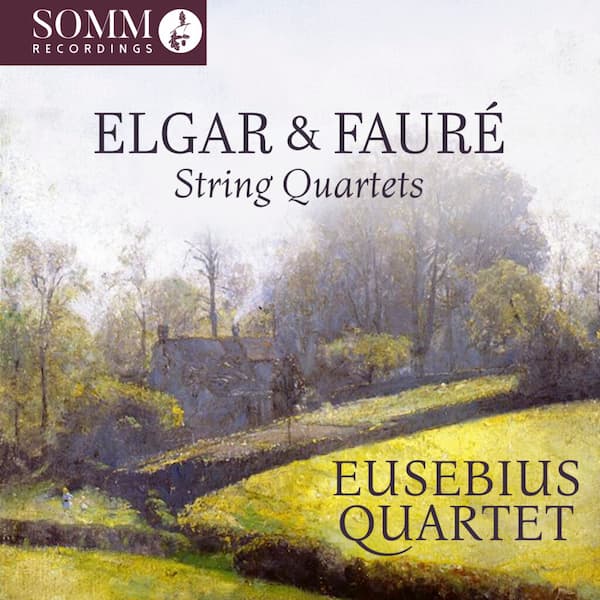Three British piano concertos dating from 1932, 1948, and 1957 have just been released on Lyrita Records. They are an interesting view of a particular market at a particular time, with a genre that, if anything, is slightly outdated but for which there still was a need.
Edmund Rubbra
Edmund Rubbra (1901–1986) wrote his Piano Concerto, Op. 30, in 1932, after studying with Cyril Scott privately, and with Gustav Holst at Reading University. He continued on to the Royal College of Music where he continued his study with Holst and with R.O. Morris. After WWII, he taught at Oxford University and in 1961, at the Guildhall School. He was a performer on the piano, first as a soloist, then in partnership with a violinist, and then as part of a piano trio. He wrote 11 symphonies, and concertos for viola, piano, and violin, and music in many other genres.
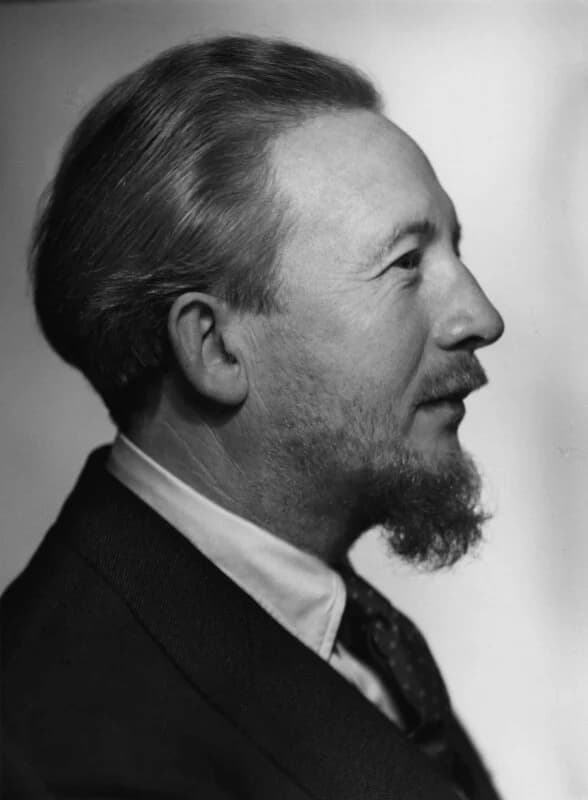
Edmund Rubbra, 1948 (London: National Portrait Gallery)
His concertos are emblematic of the traditional struggle of the soloist: on one hand, the soloist’s purpose is display and, at the same time, is combating the orchestra. His Piano Concerto, Op. 30, was his first work, post-student compositions, for soloist and orchestra. Its premiere was given at the Royal College of Music with soloist Kathleen Long accompanied by the New Symphony Orchestra under Geoffrey Toye.
The first movement has an unexpectedly atmospheric opening, with the theme in the English horn then being taken up by the piano. The Allegro section has a folk-like feel. The second movement is meditative and lyrical at the beginning before hitting a stormy middle section involving timpani and tambourines. The final movement has a Scottish dance feel to it and feels like an entire variations’ movement.
Edmund Rubbra: Piano Concerto, Op. 30 – III. Molto vivace (Simon Callaghan, piano; BBC National Orchestra of Wales; George Vass, cond.)
John Addison
John Addison (1920–1998) was another student at the Royal College of Music, but now studying with the next generation of composers, including Gordon Jacob. After WWII, he returned to the Royal College, but now as a professor. His musical specialty was wind instruments and he’s particularly known for his Divertimento for brass quartet (1951). Today, Addison is best known for his film and television music, including the theme music for Murder, She Wrote.
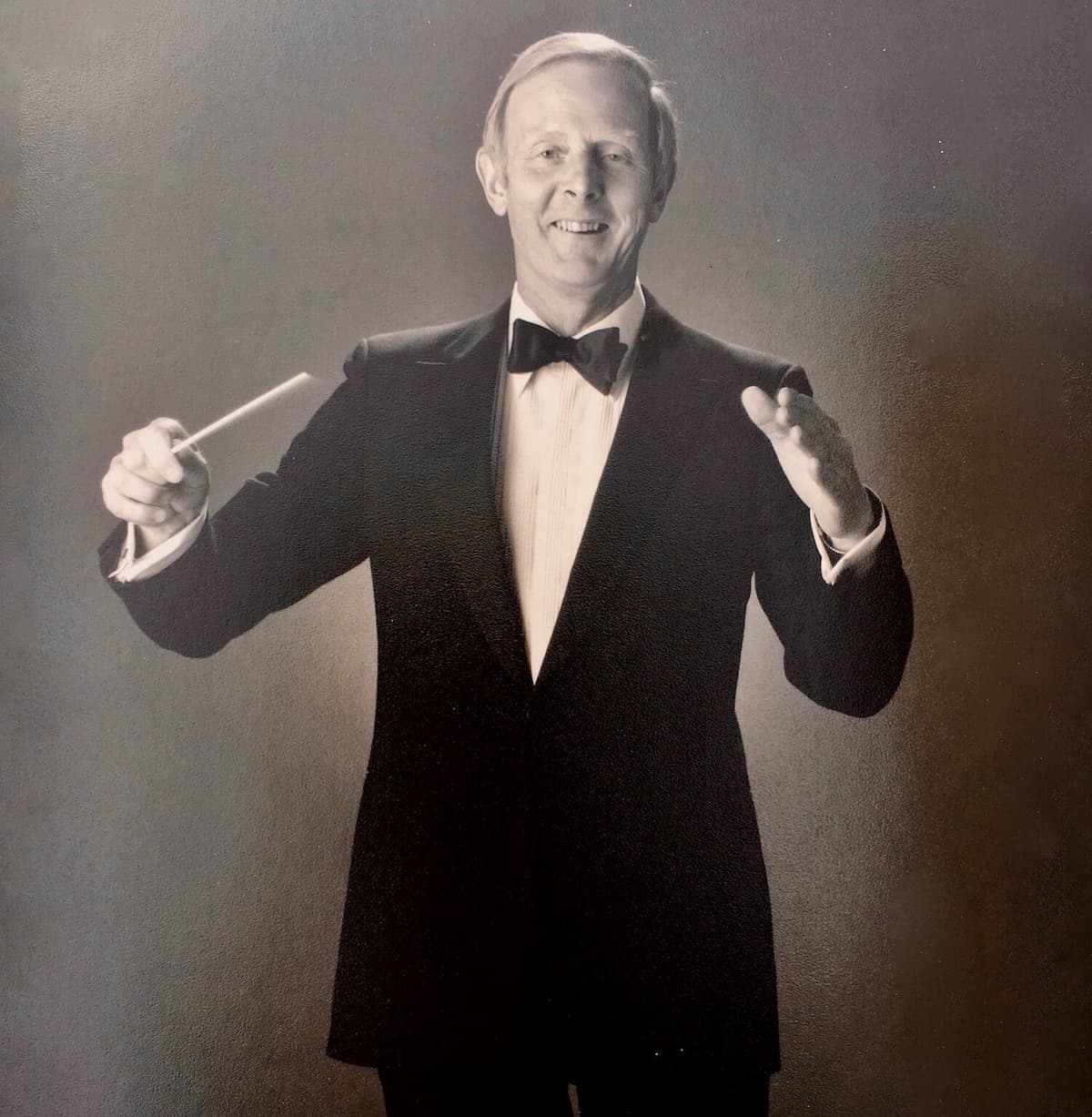
John Addison
Addison’s Variations for Piano and Orchestra was written in 1948 and had its premiere on the BBC in 1960 with Margaret Kitchen. The orchestral forces are small and the work is in one movement, moving through many tempo changes. The opening is slow and sombre, with bassoons and horns prominent; that theme is taken up by the violins before the piano enters. The first variation is filled with the piano’s offbeat syncopations.
John Addison/Dennis Linde: Variations for Piano and Orchestra – Lento espressivo–Vivo (Simon Callaghan, piano; BBC National Orchestra of Wales; Stephen Bell, cond.)
Gordon Jacob
Gordon Jacob (1895–1984) was a teacher of John Addison at the Royal College of Music, where he had also done his own training after WWI. Tremendously active as a composer, he wrote some 400 works, from symphonies to part songs, including film music.
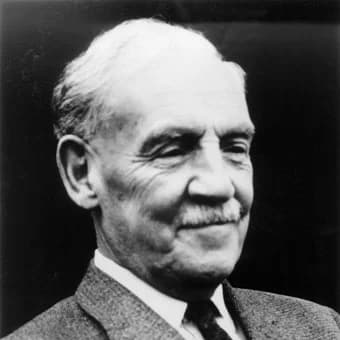
Gordon Jacob
His Piano Concerto No. 2 in E flat, was given its premiere in 1957 with Edith Vogel (its dedicatee) at the piano, accompanied by the Bournemouth Symphony Orchestra under Charles Groves. That same year it was played at the Proms, with the same soloist.
After the two earlier piano concertos having such soft openings, it’s a pleasure to hear the bold and authoritative opening of this work, which feels nearly like a fanfare.
Gordon Jacob: Piano Concerto No. 2 in E flat – I. Allegro vivace (Simon Callaghan, piano; BBC National Orchestra of Wales; Stephen Bell, cond.)
The second movement is a variation movement and the third movement, Allegro con brio, is full of life and strutting themes.
Reviews after the Proms performance commended the work for its clarity.
This recording by the BBC National Orchestra of Wales was conducted by Stephen Bell (Jacob and
Addison) and George Vass (Rubbra) and, surprisingly, are first recordings of all three works. Simon
Callaghan is the piano soloist and does an impressive job handling three never-before-recorded
works. As a survey of 25 years of British piano concertos, or, more importantly, of their composers’
works, they show how influential the classical music scene in the UK was with the film industry of
both the UK and the US. These seem like highly-listenable and facile pieces, on one hand, and, on the
other, are serious contributions to a very large and distinguished field.
British Piano Concertos, Volume 2: Addison, Jacob, Rubbra. Lyrita, SRCD407
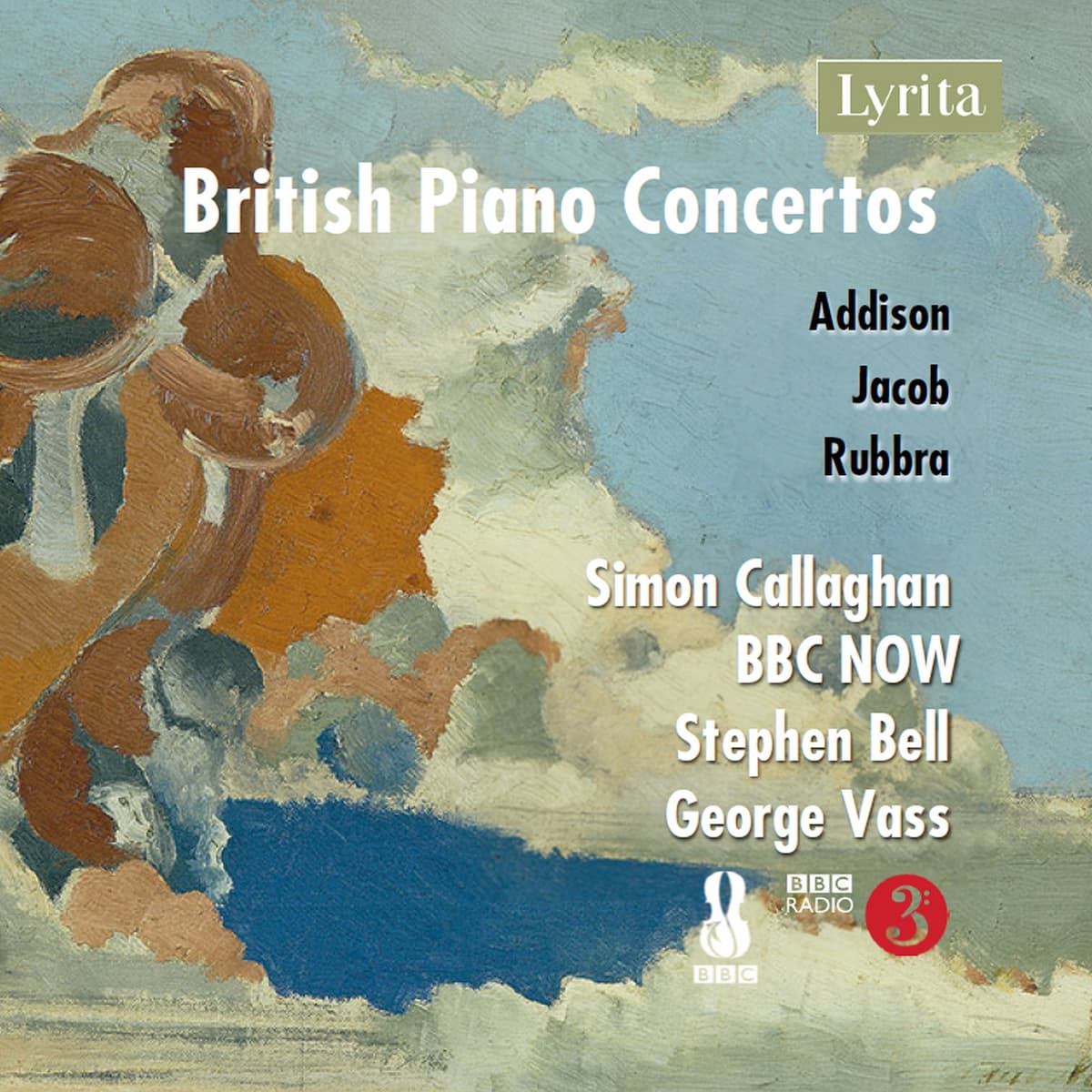
For more of the best in classical music, sign up for our E-Newsletter

